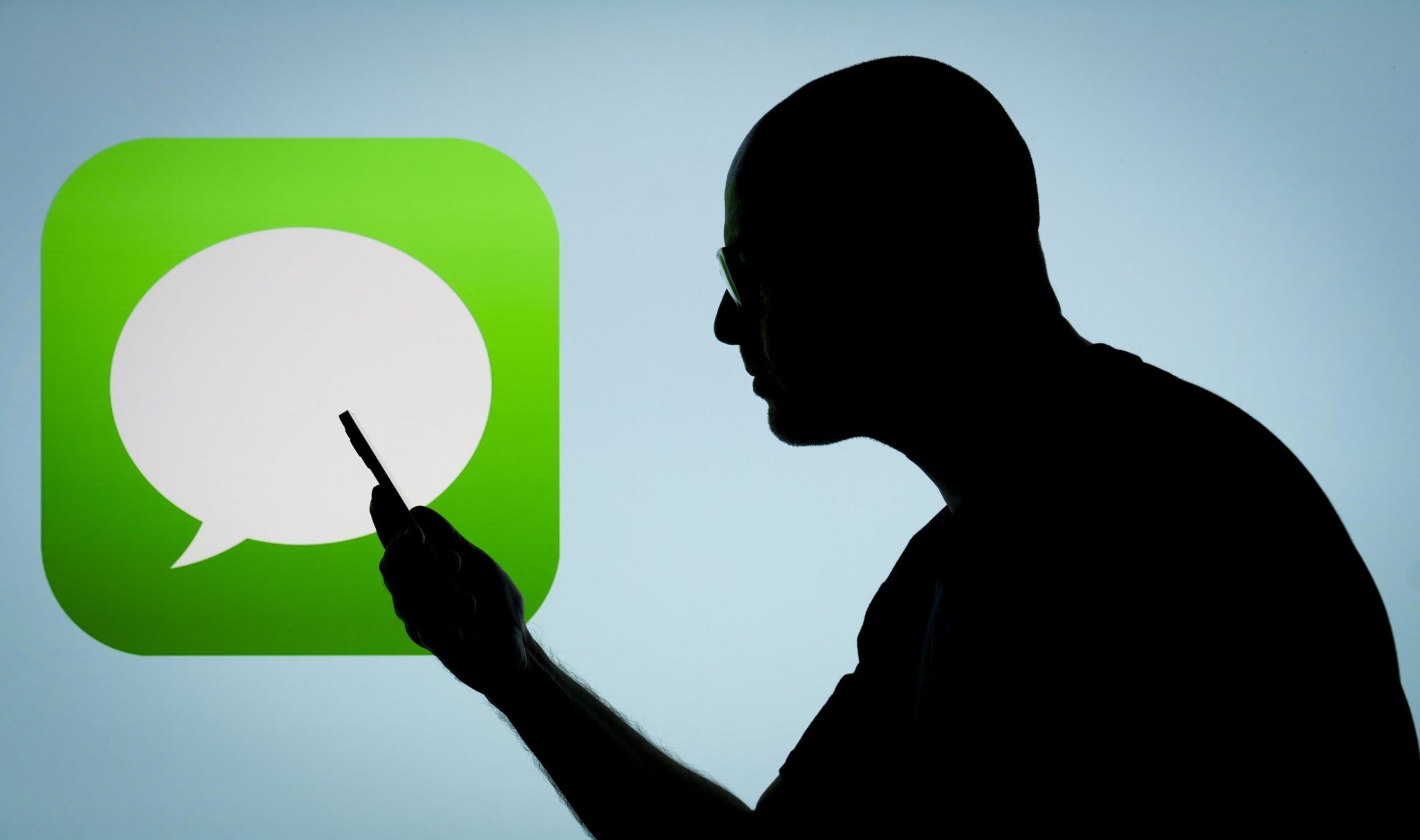
Apple’s iMessage system is a dozen years old, but it still only provides a feature-rich messaging experience between iMessage users. That makes sense for Apple—it’s a big selling point for i-devices—but change may be coming.
One reason for that is industry pressure. Google has for around a year now been trying to publicly shame Apple into adopting the Rich Communication Services standard, which is the communication industry’s successor to old-school SMS (text) and MMS (multimedia) messaging, with added features such as read receipts and the ability to send media in high quality. Google baked RCS support into Android back in 2019, so there’s clear self-interest involved here, but now Samsung—whose Android phones have made it the global smartphone market leader—is also piling into the fight.
“Green bubbles and blue bubbles want to be together. Help Apple #GetTheMessage,” Samsung declared in a video posted to YouTube yesterday, using Google’s preferred hashtag for the campaign. (In iMessage, blue bubbles are used for messages sent between iMessage users, while green bubbles are for messages sent to or from users outside the system, which denotes a fallback to those more archaic, less secure messaging protocols.)
This campaign on its own is likely to have no effect whatsoever on Apple, a company that famously ignores industry standards in favor of locking customers into its own ecosystem. But Google and Samsung’s combined assault is only part of the picture.
Also yesterday, Reuters reported that the European Commission has begun trying to establish whether iMessage should be brought under the remit of the EU’s new antitrust law, the Digital Markets Act, which imposes interoperability requirements (among other things) on so-called gatekeeper services that are part of many people’s daily lives.
Apple’s iOS operating system, App Store, and Safari browser already fall under the DMA, which is likely to force Apple to allow third-party app stores on iPhones and iPads, but Apple so far managed to lobby the Commission into leaving iMessage out of it. If the Commission decides after its investigation that iMessage is worth regulating in this way, Apple would have until August next year to introduce some form of interoperability—presumably with RCS.
The best analogy here is what we’ve just seen happen with the iPhone 15’s adoption of USB-C for charging and data transfers. Apple didn’t care that the rest of the industry had gone with USB-C. It did care when the European Commission said it had no choice but to follow suit, on sustainability grounds. Depending on the outcome of the Commission’s current investigation, I think regulatory compulsion is far more likely to effect change than any shaming attempt by Apple’s rivals.
More news below.
Want to send thoughts or suggestions to Data Sheet? Drop a line here.
David Meyer







